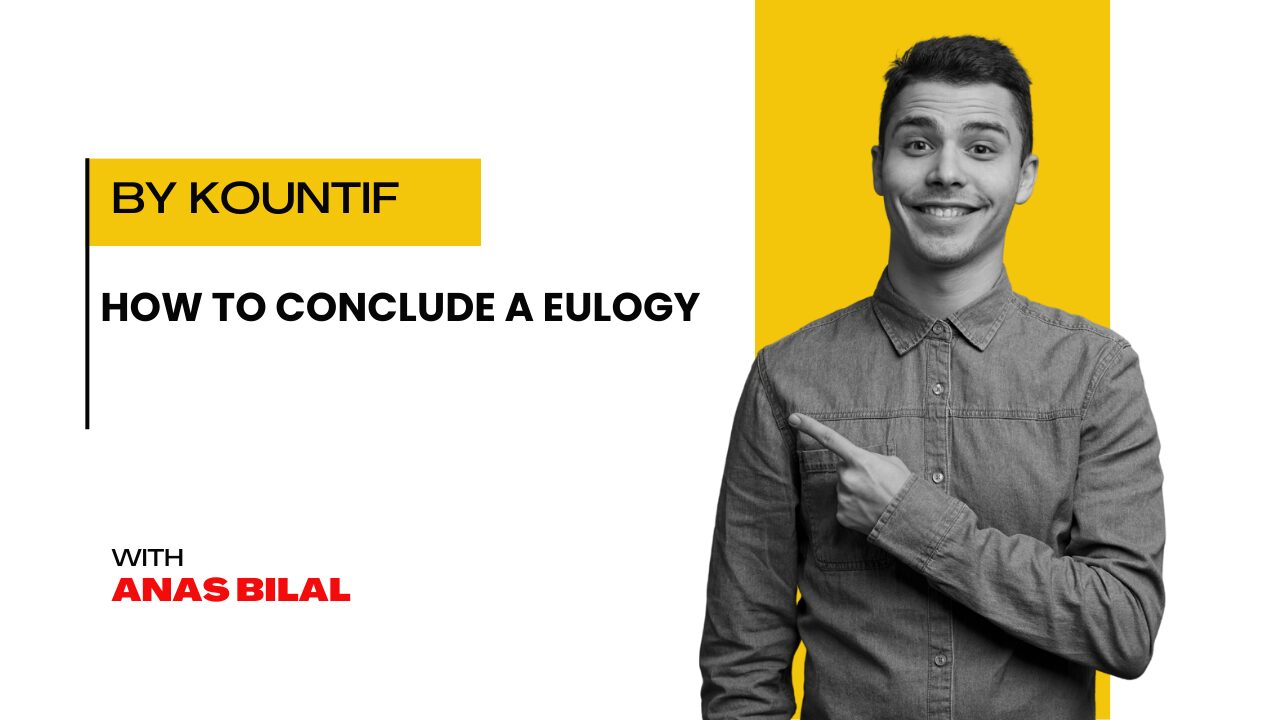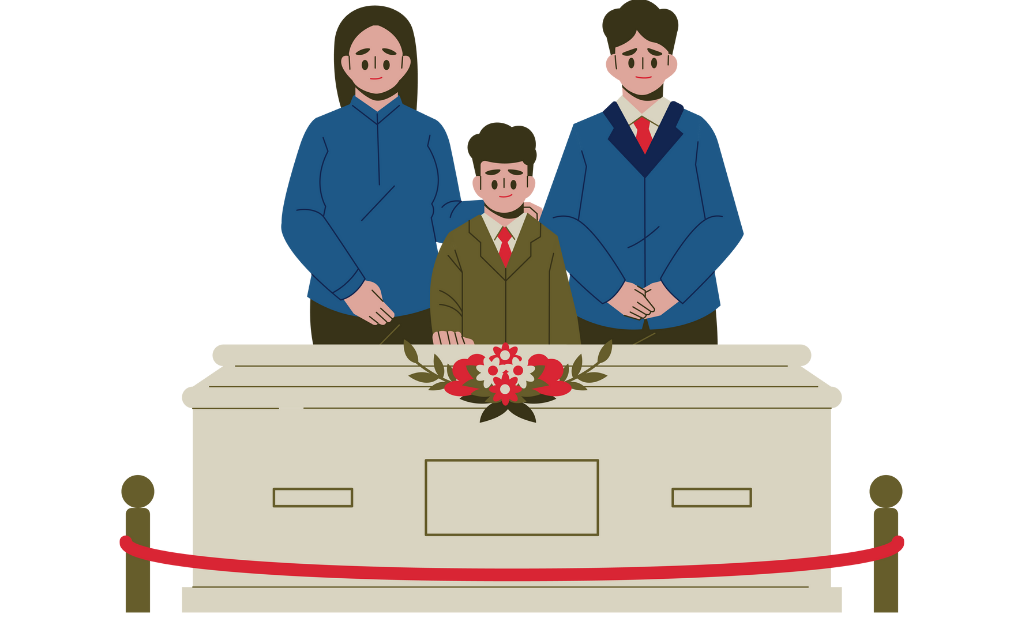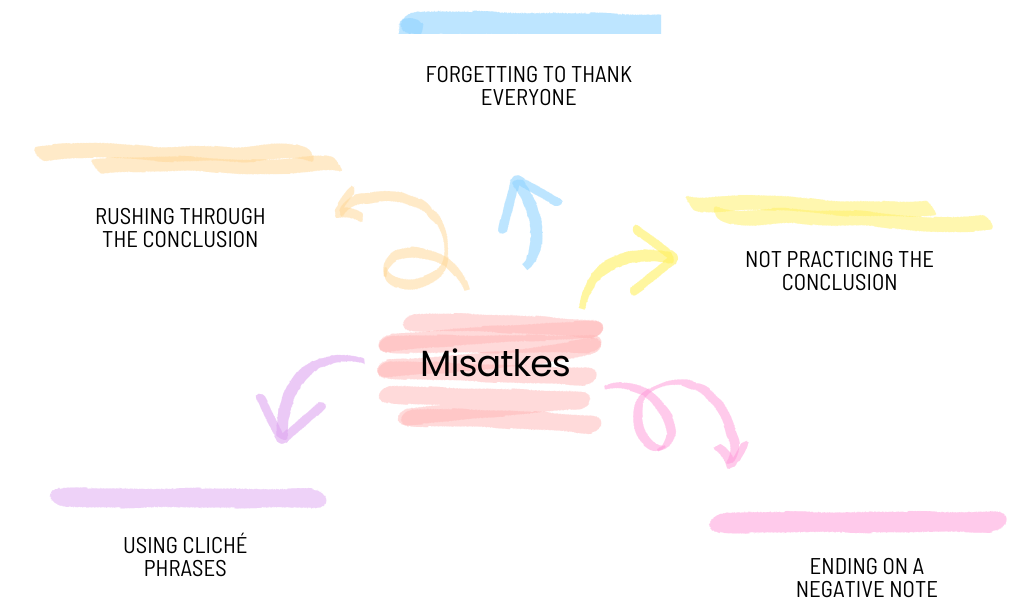
Table of Contents
ToggleIntroduction
Why do people say eulogies? To respect and remember the person who has died. They honour our loved one’s life, tell us stories and memories, and say our final goodbyes. It can be hard to give a eulogy because of strong feelings and the need to describe the person’s life properly. But if you plan and get help, you can provide a touching speech honouring their memory.
This article will talk about how to conclude a eulogy. The ending is very important because it stays with the viewer. This is your last chance to discuss your feelings and thoughts, support them, and say goodbye. Let’s look at some essential ways to conclude a eulogy.
Summarize the Key Points
You need to clarify the main points at the end of your eulogy. Please focus on the person’s accomplishments, how they’ve affected others, and the memories they hold important. Take a moment to think about their work successes, loved relationships, and essential personal moments. This supports your central point and helps people remember the person well. You could also tell a touching story or quote about them that will leave a lasting image of who they were and what they left behind. People who are grieving can find comfort and hope in this thoughtful ending.
Share Final Thoughts or Reflections
Conclude a eulogy is a great place to share your last thoughts or feelings about the person. Please talk about what you learned from them, what made them unique, or how they changed your life. For instance, think of a wise saying that helps you or a particular time that shows how kind they were. This personal touch helps others see the person differently, valuing their ongoing impact. Sharing personal stories of the dead can help those who are mourning and give the celebration of their life meaning.
Express Gratitude
Say thanks to the people who helped the person through this challenging time and were in their life. People in the community who came together to help include:
- Family members who gave support.
- Friends who offered company.
- Caregivers who ensured the person was comfortable, and caregivers themselves.
Thanks for their help, kindness, and giving improves relationships and brings comfort and unity during hard times.
Offer Comfort
The conclusion is also a chance to comfort people. Share encouraging words, words of comfort, or a favourite quote or song that the person who died found meaningful. People can find comfort and a sense of connection in this particular touch. Also, think of a happy memory or special moment that shows the person’s spirit. This shows respect for their life and helps those who are sad to think about the good things they did. At this sad time, this helps people feel like they are part of a group and remember the person who died.
End on a Positive Note
End your eulogy on a positive note to leave a lasting impression. Share something uplifting, inspiring, or a happy memory of the person. For instance, tell a touching story that shows how kind they are, a funny moment that shows how funny they are, or an accomplishment that shows how dedicated they are. With this, the service is over, and people who were there feel good about the person’s life and memory. Focusing on happy times and treasured memories helps everyone enjoy their life in a way that makes sense, making sure they are remembered with love and kindness.
Tips for Delivering a Meaningful Eulogy Conclusion
| Tip | Description |
|---|---|
| Speak from the Heart | Be sincere and authentic in your words |
| Avoid Clichés | Use personal and heartfelt messages |
| Practice | Rehearse the conclusion to feel confident and comfortable |
| Take Your Time | Speak slowly and connect with the audience |
| Focus on the Positive | Celebrate the person's life and legacy |
Inspirational Quotes
| Quote | Author |
|---|---|
| "When someone you love becomes a memory, that memory becomes a treasure." | John Lennon |
| "In the end, it's not the years in your life that count. It's the life in your years." | Abraham Lincoln |
| "Grief is the price we pay for love." | Queen Elizabeth II |
| "Life is not measured by the number of breaths we take, but by the moments that take our breath away." | Maya Angelou |
Mistakes
While conclude a eulogy you have to keep aware of some mistakes which we will explain here.
Mistake 1: Using Cliché Phrases
When concluding a eulogy, it’s important to avoid using cliche phrases such as “rest in peace” or “gone but not forgotten.” While these phrases may seem comforting and appropriate, they can appear insincere or overused. Instead, opt for heartfelt and personal messages that reflect the person’s life and legacy.
Mistake 2: Rushing Through the Conclusion
The end of a speech is just as important as the beginning, middle, and end. It’s your last chance to remember the person, comfort them, and make a lasting impact. Try to take your time with this, or cut it short. Remember to take your time and speak slowly to connect with the people listening.
Mistake 3: Forgetting to Thank Everyone
It’s easy to get emotional during a eulogy and forget to thank everyone who came to the service. Don’t forget to thank family, friends, guardians, and anyone else who helped the person or you through this challenging time. This small act of thanks can help people feel better and improve their relationships.
Mistake 4: Not Practicing the Conclusion
With any speech, more practice makes it better. Spend time practising your speech several times, paying particular attention to the end. Remember to include your conclusion when you practice. Observe how it fits in with the rest of your eulogy. This will help you feel better about your words and ensure they go smoothly. Practice can also help you control your feelings, which will help you stay calm and confident when you give your conclusion at the service. Remember that the ending is your last chance to respect your loved one and conclude a eulogy in an impressive way need practice.
Mistake 5: Ending on a Negative Note
It’s important to remember and respect the person’s death, but it’s also essential to enjoy their life. Don’t end your speech on a sad note that only talks about death or loss. To avoid this, try to end on a happy and positive note that honours the person’s life and memory. This will have a more significant and lasting effect on the people who hear it. In general, the end of a eulogy is a time to think about, respect, and enjoy the life of a loved one. Learn also How to Write a Eulogy.
Overview of How to Conclude a Eulogy
| Category | Description |
|---|---|
| Purpose | Honor and remember the person who has passed away, celebrate their life, share stories and memories, and say final goodbyes |
| Importance of Conclusion | Last chance to talk about feelings and thoughts, support others, and say goodbye; leaves a lasting impression on the audience |
| Key Elements | Summarize key points, share final thoughts and reflections, express gratitude, offer comfort, and end on a positive note |
| Common Mistakes | Using cliché phrases, rushing through the conclusion, forgetting to thank everyone, not practicing the conclusion, and ending on a negative note |
| Tips for Delivery | Speak from the heart, avoid clichés, practice the conclusion, take your time, and focus on the positive |
| Remember | The conclusion is a chance to respect the person's life and legacy, offer comfort and hope to those grieving, and leave a lasting impression on the audience |
Conclusion
The conclusion of a eulogy can be a challenging task, but with the right approach, it can be a meaningful and heartfelt way to honour the memory of your loved one. You can create a lasting impression on your audience by summarizing key points, sharing final thoughts and reflections, expressing gratitude, offering comfort, and ending positively. Remember to speak from the heart, avoid clichés, and practice your conclusion to ensure a smooth delivery. With these tips in mind, you can confidently conclude your eulogy and celebrate the life of your loved one.
FAQs
Q: What is the purpose of a eulogy?
A: A eulogy is a speech that honours and remembers someone who has passed away, celebrating their life, sharing stories and memories, and saying final goodbyes.
Q: How do I conclude a eulogy?
A: To conclude a eulogy, summarize key points, share final thoughts and reflections, express gratitude, offer comfort, and end positively. Remember to speak from the heart and avoid clichés.
Q: Why is it important to avoid clichés in a eulogy?
A: Clichés can be insincere or overused and may not accurately reflect the person’s life and legacy. Instead, opt for heartfelt and personal messages that celebrate their memory.
Q: How can I ensure a smooth delivery of my eulogy?
A: Practice your eulogy several times, paying particular attention to the conclusion. This will help you feel more confident and comfortable with the content and ensure a smooth delivery.
Article Summary in Video








